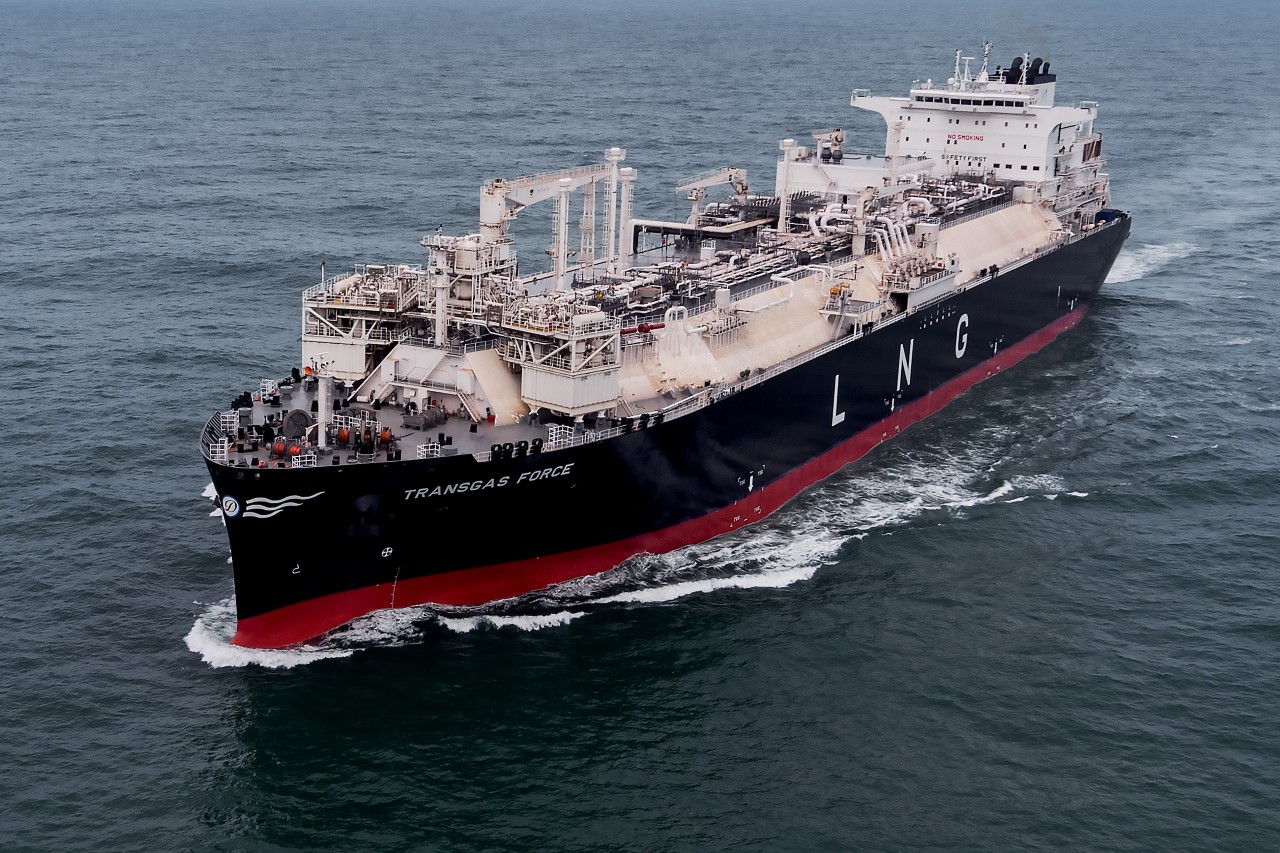Energy firm Uniper confirmed on Monday that it expects to commission Germany’s first LNG import terminal in Wilhelmshaven this winter, as the country looks to cut reliance on Russian gas.
Germany is moving quickly with its plans to build infrastructure and become a major LNG importer.
In that regard, the State Trade Supervisory Authority Oldenburg has given its approval for an early start of the construction work for Germany’s first LNG terminal, Uniper, a unit of Finland’s Fortum, said in a statement on Monday.
The permit relates to all parts of the land- and seaward infrastructure as well as an approximately 30 km long high-pressure gas pipeline between the FSRU and the transfer point into the natural gas pipeline network of Open Grid Europe (OGE).
Following this approval, the official start of construction of the FSRU-based LNG terminal is July 4, according to Uniper.
7.5 billion cubic meters
Uniper, on behalf of the government, is building the first landing terminal for LNG in Wilhelmshaven at the Voslapper Groden transshipment facility.
Once online, the facility will handle up to 7.5 billion cubic meters of natural gas per year. This is about 8.5 percent of Germany’s current gas demand per year, Uniper, said.
The firm said in May it had started works on this facility in which it would invest about 65 million euros ($67.9 million).
Uniper also chartered two of the four FSRUs which will start serving Germany later this year and in 2023.
These include the two units RWE chartered from Hoegh LNG, and the Dynagas-owned 174,000-cbm Transgas Force and Transgas Power that will go on charter to Uniper.
Germany has also been in talks to secure LNG supplies for the regasification plants, including with producers in the US and Qatar.
Security of supply
Uniper’s CEO Klaus-Dieter Maubach said in the statement that the rapid approval for the early start of construction shows the importance of the LNG terminal in Wilhelmshaven for the country’s security of supply.
“This cannot be taken for granted – above all, it shows what is possible when society, industry and politics pull together,” he said.
“We are proud to be able to make a significant contribution to Germany’s independence in natural gas supplies at our site in Wilhelmshaven, hopefully before the end of the winter 2022/2023. In the medium and long term, our Green Wilhelmshaven hydrogen project will set the course for an even more climate-friendly energy supply,” Maubach said.

